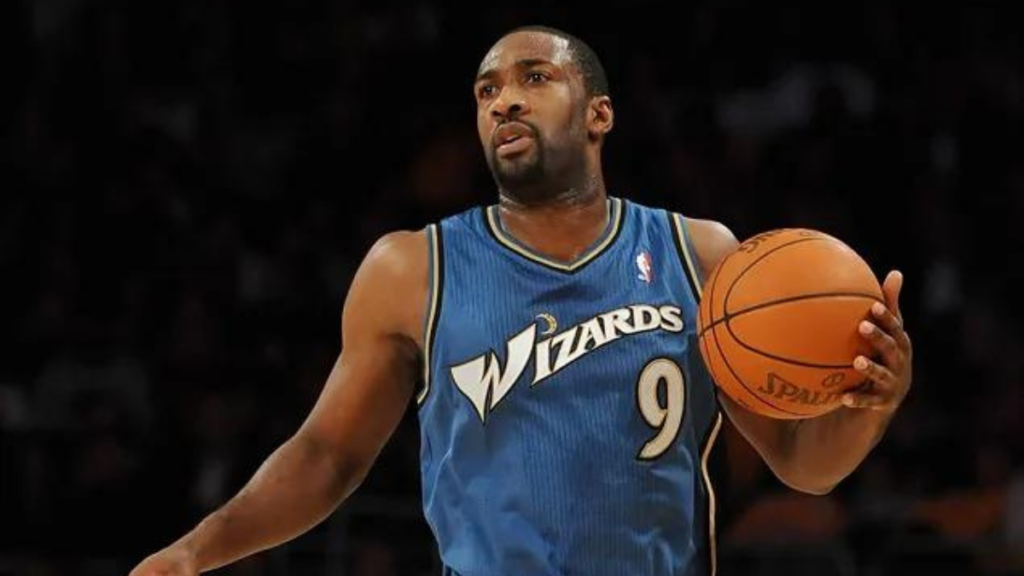Former NBA All-Star Gilbert Arenas, in a recent interview with Vlad TV, sparked conversation as he critiqued the LGBT community for their control over acceptable discourse. Arenas voiced concerns about a seeming lack of transparency in the norms and rules set by this community, making it difficult for those outside the community to engage without the fear of being ostracized or canceled.
Arenas expressed his discontent, suggesting that there’s a concealed “playbook” that only the LGBT community is aware of, while others are judged by the standards it sets, often without prior knowledge. “There’s no open dialogue about what is appropriate and what’s not. We only find out after we mess up. That’s unfair,” he elaborated. Arenas drew attention to the constantly evolving language and terminology, asserting that the absence of a universally shared understanding is problematic and unfair.
Highlighting the imbalance he sees in the current discourse, Arenas painted a hypothetical scenario of an argument with someone from the LGBT community. He contended that while they can use a wide vocabulary to insult or criticize, any retort from his side potentially labeled as offensive could result in his cancelation. He voiced his discomfort, stating that the conversation about such matters is laden with the constant fear of backlash.
The former NBA star likened himself to a basketball referee when observing a dispute between a straight person and someone from the LGBT community, insisting that fairness should be the rule of the game. He emphasized that the current situation, where certain groups seem to have the upper hand in terms of acceptable language, is not playing fair.
Reflecting on his own experience, Arenas highlighted that it’s common practice for members of a group to use certain words amongst themselves, drawing a parallel between the black community’s use of the N-word and the LGBT community’s language norms. However, he voiced concern over the perceived imbalance when those same words are used outside of the respective communities. His primary argument was a call for consistency and fairness in the dialogue, stating, “when you open up the door of something you have to be able to play fair.”
